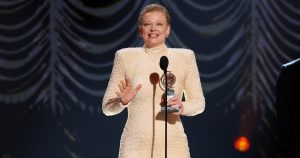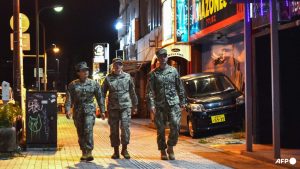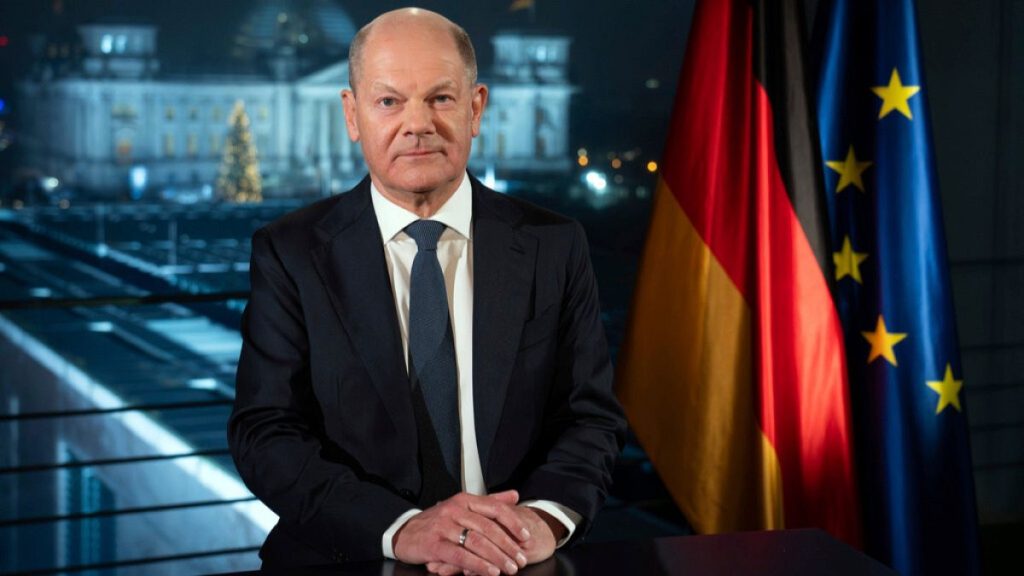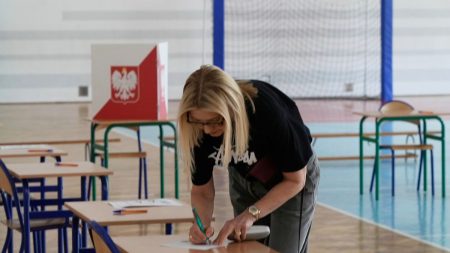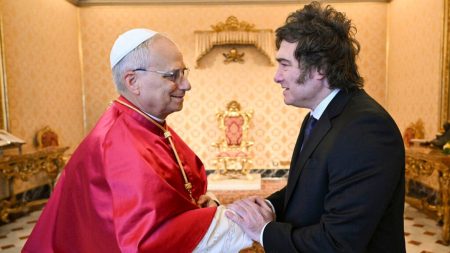Chancellor Olaf Scholz’s New Year’s Eve address served as a potent reminder to the German populace that their future rests firmly in their hands, not in the grasp of social media magnates or purveyors of extremist ideologies. His message underscored the importance of unity and reasoned discourse in navigating the complexities of a rapidly changing world, particularly in the wake of a tragic attack in Magdeburg that had ignited a firestorm of misinformation and divisive rhetoric. Scholz’s speech explicitly addressed the concerning trend of amplified extremist voices in the digital sphere, subtly referencing Elon Musk’s endorsement of the far-right Alternative for Germany (AfD) party without directly naming him. He emphasized that the volume of one’s pronouncements does not equate to their legitimacy, and that the true power to shape Germany’s trajectory lies with the majority of its citizens, not with influential figures wielding the megaphone of social media.
The Chancellor’s remarks were a clear rejoinder to the growing influence of social media personalities in shaping public discourse and political narratives. He implicitly criticized the tendency of platforms like X (formerly Twitter) to amplify extreme viewpoints, thereby potentially distorting public perception and undermining reasoned debate. Scholz highlighted the dangers of allowing such voices to dominate the conversation, emphasizing the importance of critical thinking and fact-checking in an era saturated with misinformation. His message served as a call for citizens to actively participate in shaping their political landscape, rather than passively consuming information disseminated by individuals with vested interests.
The context of Scholz’s address was deeply intertwined with the recent attack on a Christmas market in Magdeburg, a tragedy that claimed lives and injured hundreds. The incident had become a focal point for the dissemination of misinformation and the propagation of divisive narratives, particularly on social media platforms. Scholz explicitly acknowledged the surge in false rumors and conjectures following the attack, emphasizing their detrimental impact on social cohesion and national unity. He cautioned against allowing fear and prejudice to dictate public discourse and policy decisions, urging citizens to rely on verified information and to resist the allure of simplistic explanations.
Scholz’s address was also a veiled critique of Elon Musk’s intervention in German politics. Musk’s public endorsement of the AfD, a party under scrutiny for its extremist views, had generated significant controversy. The Chancellor’s remarks served as a subtle rebuke of Musk’s actions, implicitly questioning the appropriateness of a foreign tech billionaire attempting to influence the outcome of German elections. Scholz’s emphasis on the citizens’ right to self-determination was a clear counterpoint to Musk’s perceived interference, reaffirming the democratic principle that the future of a nation rests with its people, not with outside influencers.
The Chancellor’s speech touched upon the broader issue of disinformation and its corrosive impact on democratic processes. He highlighted the dangers of unchecked online narratives, particularly in the wake of traumatic events like the Magdeburg attack. His remarks underscored the need for media literacy and critical thinking skills to navigate the complexities of the digital age. Scholz’s call for unity and reasoned discourse was a plea for citizens to resist the temptation to succumb to fear and prejudice, and to instead engage in constructive dialogue based on factual information.
In essence, Scholz’s New Year’s Eve address was a call for resilience, unity, and informed citizenship in the face of complex challenges. It was a reminder that the power to shape the future of Germany resides with its people, not with the loudest voices on social media or the proponents of extremist ideologies. The Chancellor’s message emphasized the importance of critical thinking, fact-checking, and reasoned discourse in navigating an increasingly polarized and complex world. His speech was a powerful reaffirmation of democratic principles and a call for citizens to actively participate in shaping their political landscape, rather than passively consuming information disseminated by influential figures with their own agendas.

